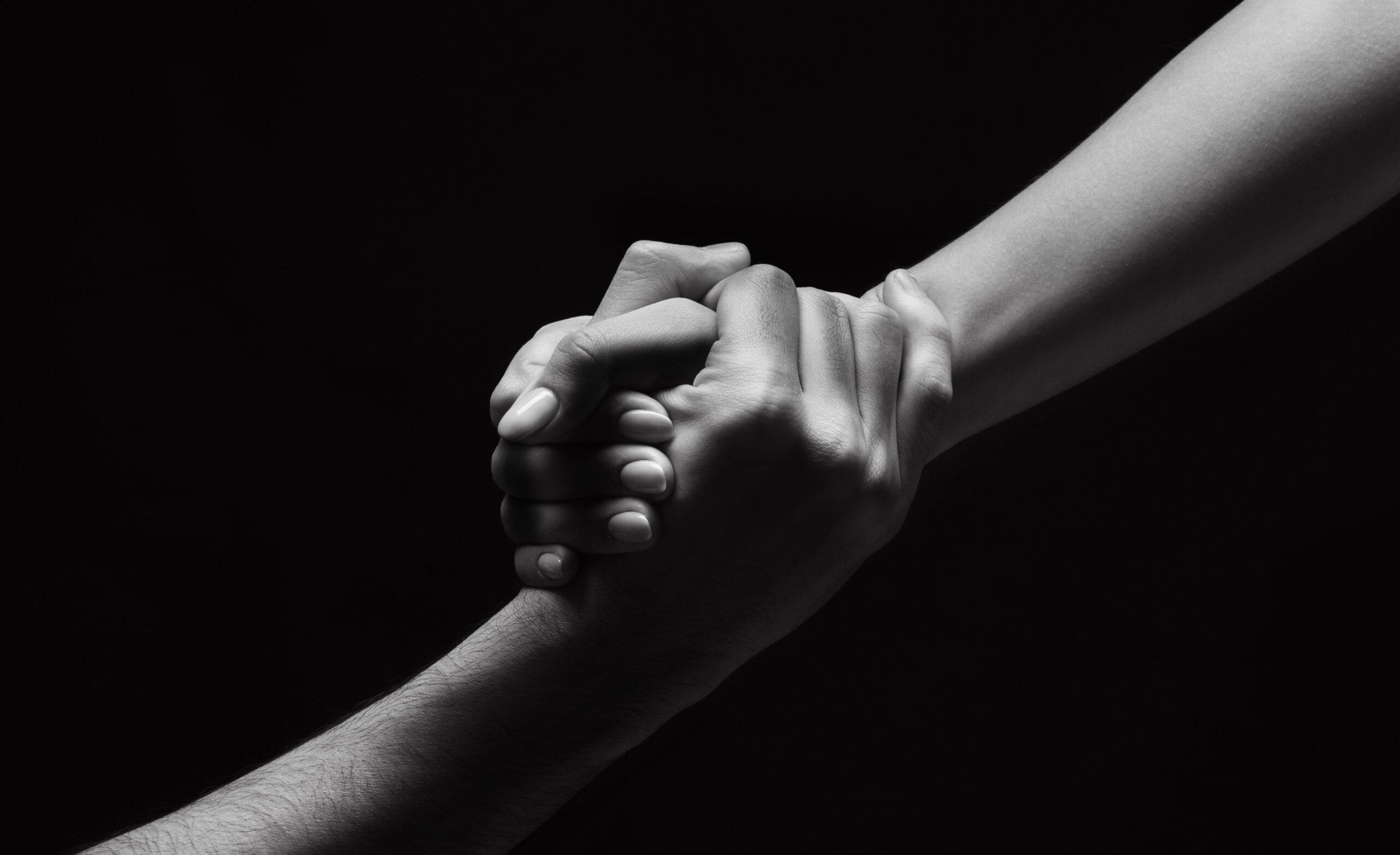Elizabeth Softky couldn’t work during cancer treatments and was evicted from her home. A guaranteed-income program helped her get permanent housing & paired her with a volunteer “buddy,” for extra support.
By: Jason Lalljee. | See Original Post.
When the doctors at Stanford Medical Center showed Elizabeth Softky images of her tumor, she said it felt like she was in a movie.
“The first thing I thought was, This is going to be really bad,” she told Insider.
And it was: News of the tumor in her colon set off a chain of events that derailed the 59-year-old’s life.
She had to shutter the educational nonprofit she founded after 20 years of teaching, chemotherapy treatments ate up her savings, and she couldn’t pay her rent. As a result, she was evicted from her home of 14 years. She had to complete chemotherapy while staying in a homeless shelter.
Things began to turn around for Softky when she was chosen to participate in Miracle Money, a Bay Area guaranteed-income pilot started by the nonprofit Miracle Messages. The program’s $500-a-month payment, for six months, put her back on track to find permanent housing by May of last year.
Guaranteed-income programs like Miracle Money have been surging in popularity over the last two years. They offer no-strings-attached payments, meaning that recipients can spend the money however they like. In December, Insider found that there were at least 33 active or recently active guaranteed-income programs in the US.
Research shows that these programs offer long-term stability to participants, who are more likely to secure full-time employment and see greater financial, physical, and emotional health.
The Miracle Money team found the same to be true for its first cohort, which included Softky and 13 other participants. The group also reported that of the nine participants who were homeless at the beginning of the program, six found permanent housing by the end of it.
Diagnosed with cancer, evicted, and unable to work — all in one year
When Softky was diagnosed with colon cancer in early 2019, she had a few months of savings to work with. She’d only been running her educational nonprofit, Jump Into Writing, for four years, but had to shut it down — she couldn’t teach while doing chemotherapy because the procedure weakens the immune system.
“One of my kids could have killed me,” she said. “I was especially vulnerable.”
Without a source of income and with what she describes as “underfunded” health insurance, she hemorrhaged funds quickly. Her landlord wasn’t sympathetic, taking Softky to court — and she was on the street six weeks later.
Softky moved into a nearby homeless shelter, where she said she saw people in need of healthcare, mental health, and rehabilitation services, which she said the shelter wasn’t equipped to provide.
“It’s where I discovered the meaning of the phrase ‘Dickensian,'” she said.
Though Softky applied for other jobs through a work-rehabilitation program, she didn’t have any luck.
“You just got applications thrown on your bed most of the time and they’d tell you, ‘Good luck,'” she said.
When the coronavirus pandemic swept the country in early 2020, the shelter moved some of their residents to a hotel to accommodate more people, and Softky was one of them.
“Moving to the hotel gave me some perspective,” she said. “It made me realize that shelters aren’t good enough to get people back on their feet … but programs like Miracle Money are.”
Miracle Money got her back into permanent housing with cash and social support
Softky first heard about Miracle Money while staying at the hotel. She had filled out a form to participate in a buddy program, and a month later, she got a phone call from Joan Scott, who nominated her to be a guaranteed-income recipient. Their relationship grew quickly over the next six months.
“Joan quickly went from being my Miracle Friend to becoming a real one,” she said. “I’m a very self-sufficient person, but after our first phone call, I realized that I was tired of going it alone, and Joan was someone I could trust to walk with me in my post-shelter life.”
Scott also provided an outlet for Softky to discuss money management. She said that Scott helped her to monitor her spending and save money, working out a plan to prioritize purchases and pay off long-term debts.
That, and the money itself, Softky said, were crucial to getting her in permanent housing.
“It was the only income stream that the housing entity would accept,” she said. “I’d saved money from a temporary job after I finished chemotherapy in 2019, but they wanted to see consistent, predictable income.”
Julia Ip, Miracle Money’s evaluation lead, told Insider that the buddy program helped the other five participants who secured permanent housing by the end of the program in similar ways.
“We didn’t empirically correlate social support with financial security, but we heard from several recipients that having a friend to talk to about how they’re spending the money to reach their goals was helpful, and this in turn also deepened their friendships,” she said.


















